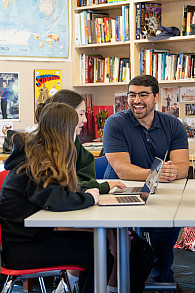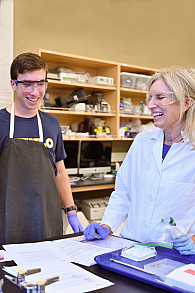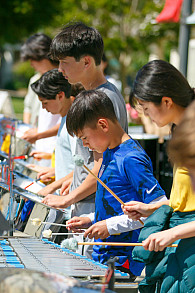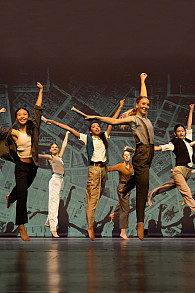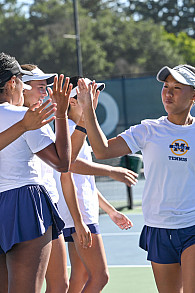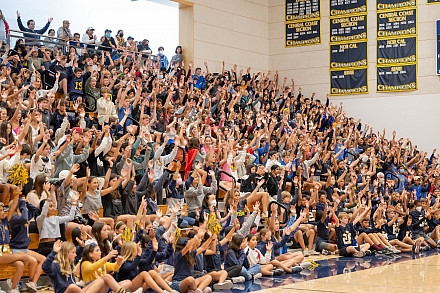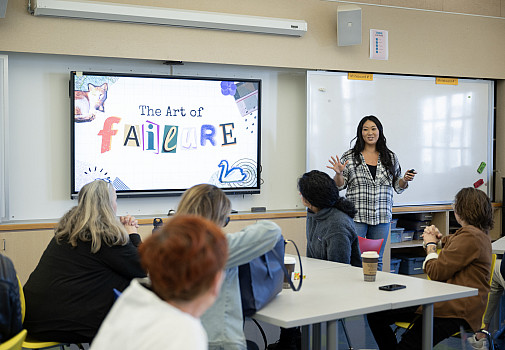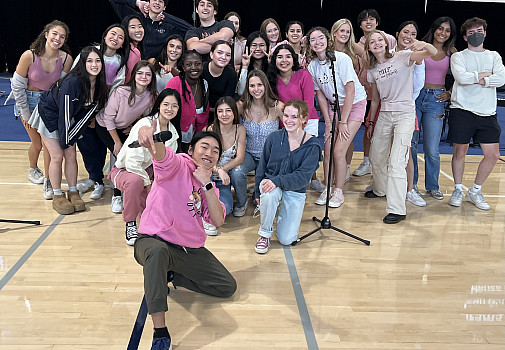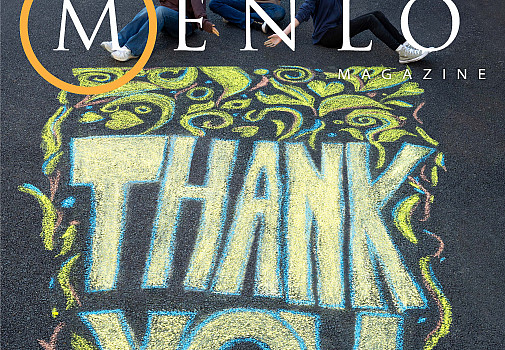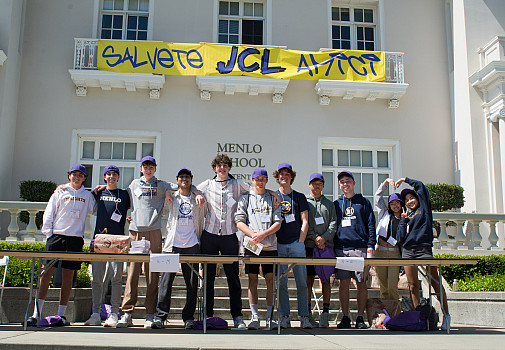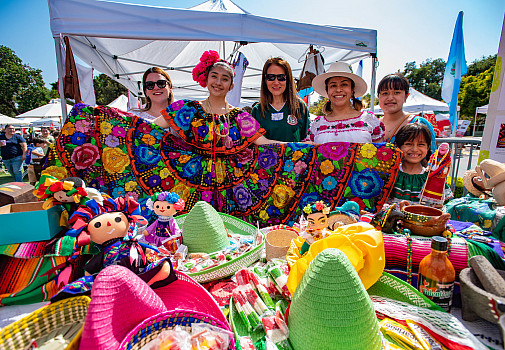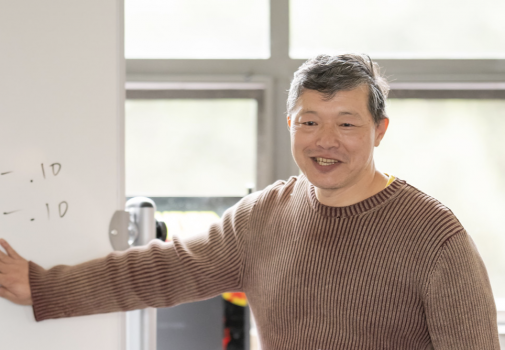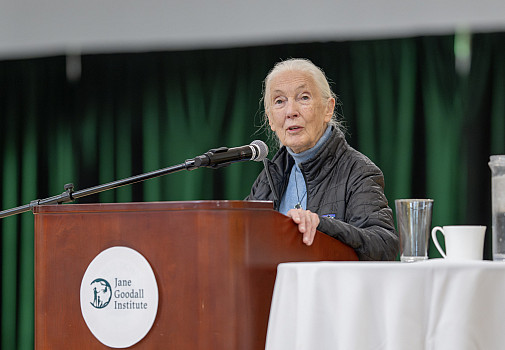- Arts
- Academics
-
Athletics
- Athletics Overview
-
Upper School Teams
- Baseball - Varsity
- Baseball - Junior Varsity
- Basketball - Boys Varsity
- Basketball - Boys Junior Varsity
- Basketball - Boys Freshman
- Basketball - Girls Varsity
- Basketball - Girls Junior Varsity
- Cross Country
- Flag Football - Girls
- Football - Varsity
- Football - Junior Varsity
- Golf - Girls Varsity
- Golf - Boys Varsity
- Golf - Boys Junior Varsity
- Lacrosse - Boys Varsity
- Lacrosse - Boys Junior Varsity
- Lacrosse - Girls Varsity
- Lacrosse - Girls Junior Varsity
- Soccer - Boys’ Varsity
- Soccer - Boys’ Junior Varsity
- Soccer - Girls Varsity
- Soccer - Girls Junior Varsity
- Swimming
- Tennis - Varsity Boys
- Tennis - Boys Junior Varsity
- Tennis - Girls Varsity
- Tennis - Girls Junior Varsity
- Track & Field
- Volleyball - Varsity
- Volleyball - Junior Varsity
- Volleyball - Freshman
- Water Polo - Boys Varsity
- Water Polo - Boys Junior Varsity
- Water Polo - Girls Varsity
- Water Polo - Girls Junior Varsity
-
Middle School Teams
- Baseball - Middle School
- Basketball - Boys Middle School
- Basketball - Girls Middle School
- Cross Country - Middle School
- Flag Football - Middle School
- Lacrosse - Boys Middle School
- Lacrosse - Girls Middle School
- Soccer - Boys Middle School
- Soccer - Girls Middle School
- Swimming - Middle School
- Tennis - Middle School
- Track - Middle School
- Volleyball - Middle School
- Athletics Philosophy & Values
- Athletics Resources
- Camps & Clinics
- Alumni Athletes
- New to Menlo Athletics?
- Student Life
- Support Menlo
- Admissions
- Calendar
- Resources
MENLO SCHOOL • SINCE 1915

Menlo News September 26, 2023
Exploring AI at Menlo
Upper School students and faculty members share opportunities, ethics, and ideas for leveraging Artificial Intelligence to enhance teaching and learning.

“No one ever got stronger by watching someone else work out,” said Upper School Director John Schafer at an assembly on thoughtfully integrating AI into Menlo’s teaching and learning. As a school committed to preparing our students for an ever-evolving world, Mr. Schafer advised his audience to approach AI the same way we do the internet: responsibly, critically, and ethically. “Use these tools to assist you, not to replace developing the key thinking skills that you will need to chart your destiny.”
Mr. Schafer went on to assure students that teachers assign homework not to torture them, but to help them learn how to think, write, solve problems, write code, and find their unique voice, adding, “That is why you are here. That is what we do at Menlo.”
Upper School Computer Science teacher, Douglas Kiang, explained the difference between artificial intelligence and machine learning (while engaging in a comical discussion with ChatGPT about Taylor Swift lyrics and even busting a few moves). While AI is programming machines to think like humans, machine learning involves machines learning independently of being programmed: the more you use them, the smarter they get. Yes, ChatGPT learns through data and will continue to get stronger the more we use it. But what it can’t learn is to think critically. “It should be a collaboration, a dialogue between you and AI, so that you can legitimately take credit for the work that you do,” said Kiang.
After all, as intriguing as AI is, it’s really a pattern recognizer, Upper School English Department Chair Rachel Blumenthal pointed out in her remarks. We feed it data that already exists, and its algorithms spit out a semi-recognizable replicate with varying degrees of accuracy.
Ms. Blumenthal made a powerful contrast between this and original, student-authored work. “Your writing is your brand. Your writing is your voice. Your writing is your self, your thinking, made manifest to others.” She advised students, as they experiment with AI, to “insist that it serves your voice. Insist that it supports, but never substitutes for, the lifelong work you must do to be a thinker.”
Upper School Science Department Chair Jamie Formato reminded the audience that transformative technology is not a new concept in education. Not so long ago, projectors and internet access were shaking up the classroom experience. Mass adoption of tablets, laptops, and phones made learning portable and perpetual. AI is similarly poised to revolutionize access to information. Mr. Formato asked for students’ partnership on this journey. “These tools were not designed with education in mind,” he said. “But young people, as they do so often, creatively use new technology in exciting ways. Teachers need to stay curious about what students are doing, and we need your help to come to a new equilibrium that enhances, and doesn’t subvert, the awesome education we have all worked so hard to build.”
Mr. Formato invited students and teachers to learn together about the potential of these new AI tools. Menlo faculty and administration understand that AI is only going to become more omnipresent and sophisticated, and when used thoughtfully and intentionally, can inspire boundless discovery and possibility. So rather than dissuade or ban its use, teachers are partnering with students to figure out how to leverage this technology to open minds and expand horizons. “What we (you and your teachers, together) do here is important, and how we respond to this moment matters,” added Mr. Formato.
“One thing I love about Menlo is how willing teachers and students are to communicate,” said Junior Rena Kim, co-leader of the Ethics in Tech (Tethics) Club, encouraging students to talk to their teachers about AI, rather than treating the topic as taboo. One of the main goals of the assembly was to open up these lines of communication rather than dwell on rules and consequences.
Fellow junior and Tethics co-leader, Liam Krenz, shared how he has learned to embrace ChatGPT as a study partner: helping him brainstorm through writer’s block; explaining complex ideas in Layman’s terms; even debating with him, forcing him to back up his claims with evidence and think critically.
To prepare for tests, Liam copies and pastes his notes into ChatGPT and asks it to quiz him on them, to write review questions, and to check his answers. “It provides great insight into gaps in my knowledge and helps me fill them,” says Liam, while cautioning his classmates to be specific and double-check information.
As Mr. Schafer alluded to, those who decide to use AI to cheat are really just cheating themselves out of the learning and growth associated with navigating a challenging assignment. Those who take credit for others’ work are robbing themselves of the opportunity to tell their own versions of the story. Those who rely on chatbots to create compelling arguments are missing out on sharing their unique perspectives and truths. And those who use AI to skate by are not the inventors, the thought-provokers, the changemakers, the risk-takers, that make Menlo, Menlo. “Your voice in all of its authenticity and authority…is what makes discovery, invention, and transformation possible,” said Ms. Blumenthal.
 MENLO SCHOOL Since 1915
MENLO SCHOOL Since 1915